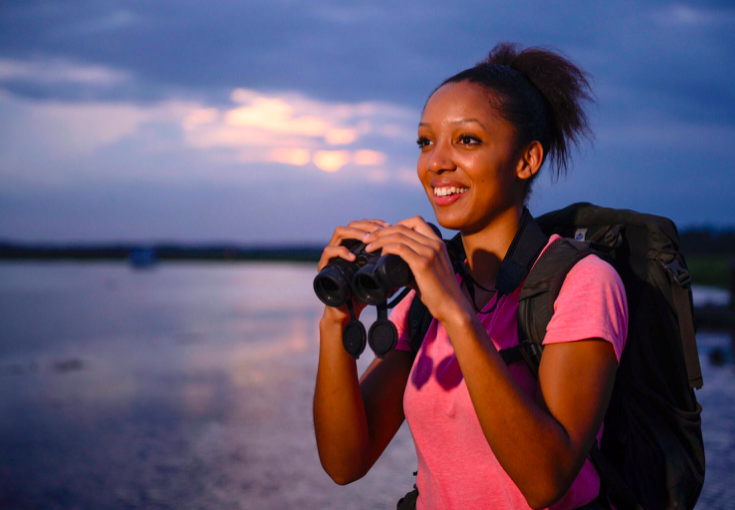“We all have this shared experience where we have to worry about going into the field,” says Earyn McGee, a herpetology Ph.D. student at the University of Arizona and Black Birders Week co-organizer. Prejudice might drive police or private property owners to be suspicious of or antagonistic toward Black scientists doing field work in normal clothes, putting them in danger, she says. McGee conducts research near the U.S.-Mexico border and worries about encountering U.S. Border Patrol on her own while searching for lizards. Some members of the group chat conduct field work not far from where Arbery was killed, in Georgia. “That could easily have been any one of us,” she says.
Black Birders Week and the new Twitter group have three main goals, says Newsome. The first is “to counter the narrative that the outdoors are not the place Black people should be,” she says. What happened to Christian Cooper in Central Park could easily deter a young Black person interested in natural science and conservation from pursing those interests, she says. Nature and the outdoors have historically been depicted as majority white spaces. By demonstrating that Black people enjoy these spaces too, Newsome and her collaborators hope to encourage emerging birders and scientists to pursue their passions.
Read more from Jillian Mock with Audubon Magazine here.

